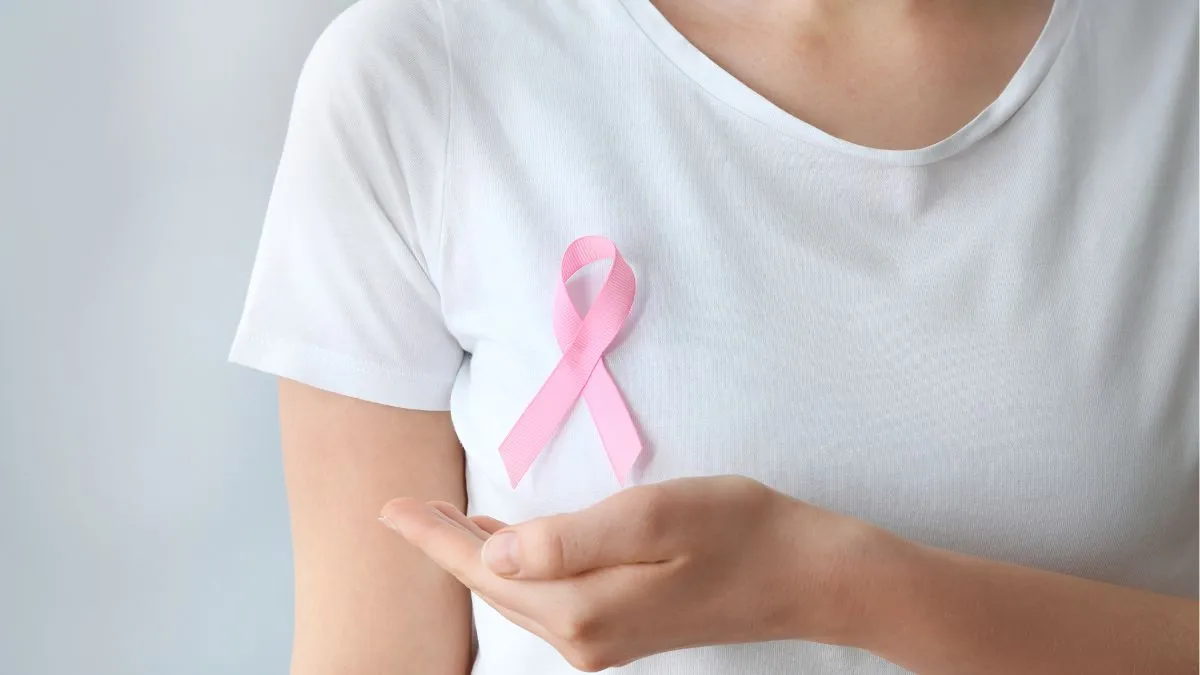- By Iram Hussain
- Tue, 22 Oct 2024 05:48 PM (IST)
- Source:JND
Breast cancer may be more commonly associated with older women, but the reality is that younger women can also face this life-challenging diagnosis. Although breast cancer affects only about 5–7% of women under 40, it tends to manifest in more aggressive forms, often carrying poorer prognoses in relatively younger counterparts. For these younger patients, the challenges are multifaceted, ranging from difficulties in recognising symptoms to managing the long-term impact of treatment on fertility, mental health, and quality of life.
In a conversation with Jagran English, Dr Bhavna Bansal Senior Consultant and HOD, Histopathology Oncquest Laboratories explained the challenges of breast cancer in younger women and how it is diagnosed.
Challenges of breast cancer in younger women
Breast cancer in younger women comes with its own set of difficulties. First, younger women often experience more aggressive cancer types, leading to a greater chance of negative outcomes. Breast cancers in women under 40 tend to have features like larger tumour size, more advanced stages and negative hormone receptor status, making them harder to treat successfully. Younger women also face a higher likelihood of overexpression of the HER2 protein which is associated with faster-growing cancers.
Second, genetic factors play a more significant role in breast cancer among younger women. In the general population, around 6% of breast cancer patients carry these mutations but the number is closer to 12% for women under 40-45.
Emotional And Social Challenges
Breast cancer can be emotionally and socially overwhelming for younger women. Many women in this age group are not expecting to face such a serious health issue, especially at a time when they may be building careers, starting families, or pursuing personal goals. This unexpected diagnosis can lead to a sense of isolation, particularly if the women feel their concerns are dismissed by healthcare providers due to their age. In some cases, younger women might not even recognize their symptoms, delaying diagnosis and treatment.
Another significant concern for younger patients is fertility. Treatments such as chemotherapy, radiation and hormone therapy can affect a woman’s ability to conceive in the future and many young women are not fully informed of their fertility preservation options before starting treatment. Furthermore, even those who are aware may not be able to afford these measures which can add to the already significant emotional and financial burdens they face.
Diagnosis Of Breast Cancer
Diagnosis of breast cancer in younger women can be more difficult due to a lack of routine screening. Since mammograms are not typically recommended for women under 40, young women may rely on self-examinations or clinical assessments. However, these methods can be less effective at detecting smaller, earlier-stage tumours. Younger women are also more likely to dismiss symptoms such as lumps or breast changes, attributing them to hormonal fluctuations or other benign causes. They must consider the long-term effects of treatment on their overall health and quality of life. Breast cancer therapies can cause early menopause which may lead to complications like osteoporosis, sexual dysfunction and mental health struggles.
ALSO READ: Breast Cancer Risk After 40: What Every Woman Should Ask Her Doctor | Know From Doctor
ALSO READ: Does Breast Size Increase Breast Cancer Risk? Doctor Explains

